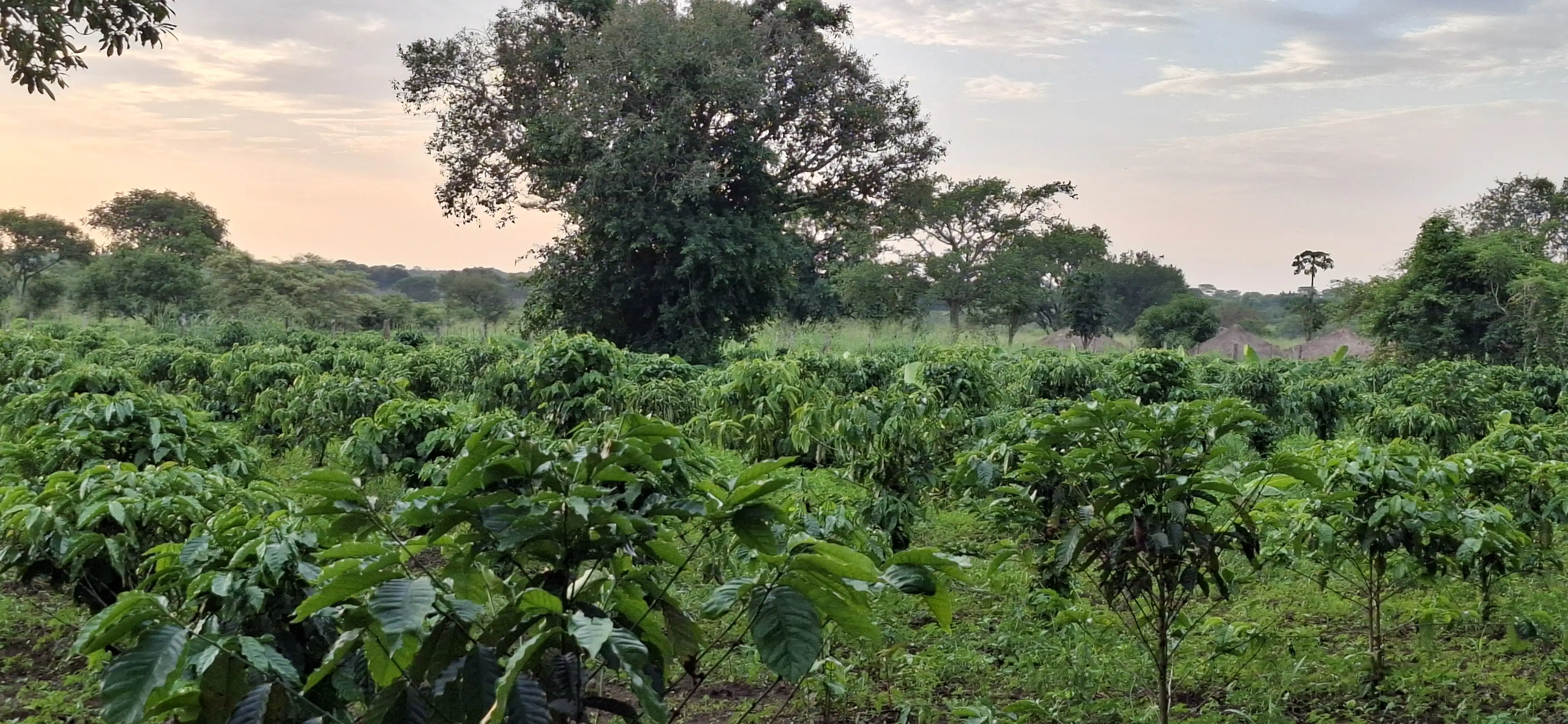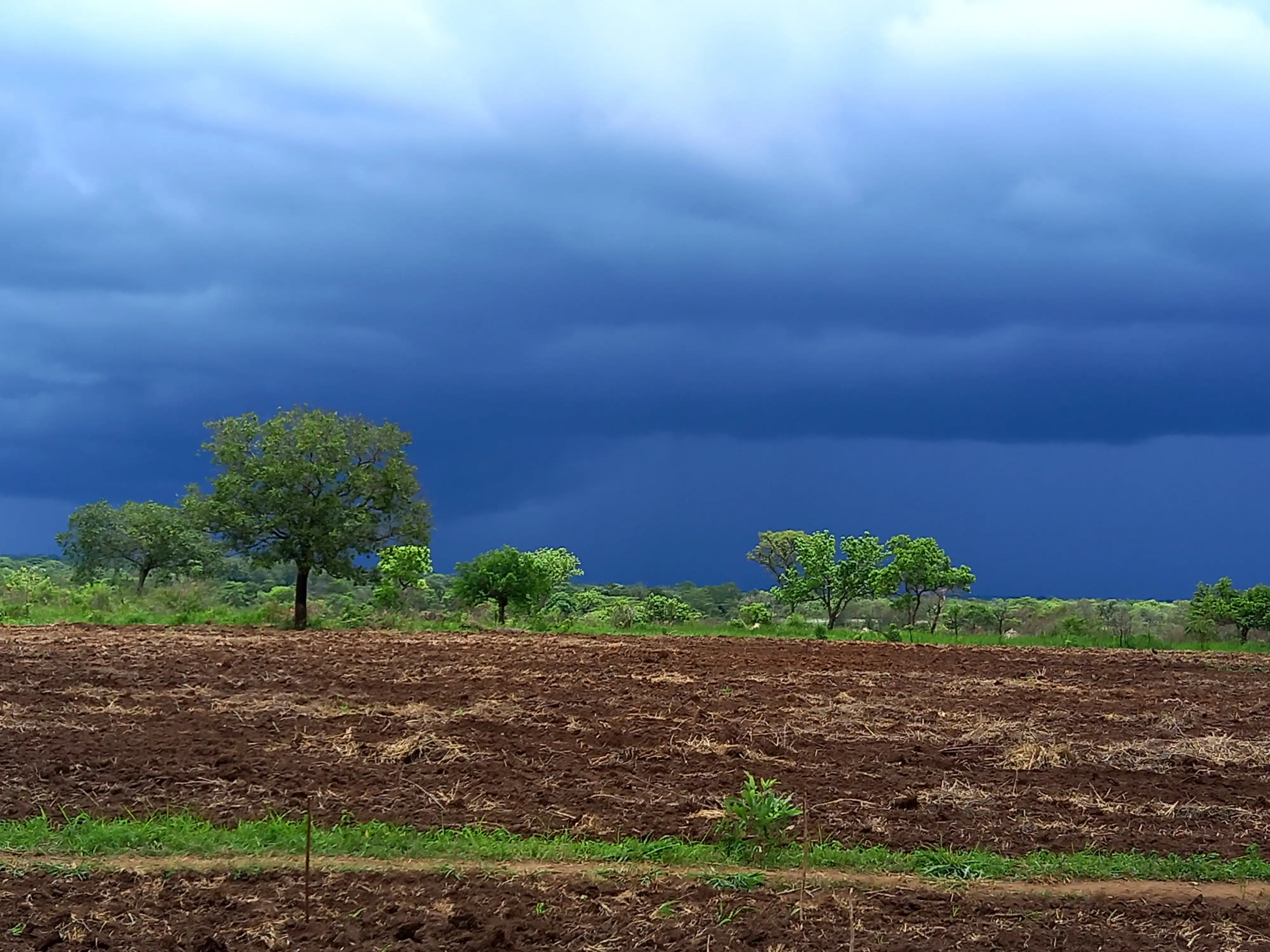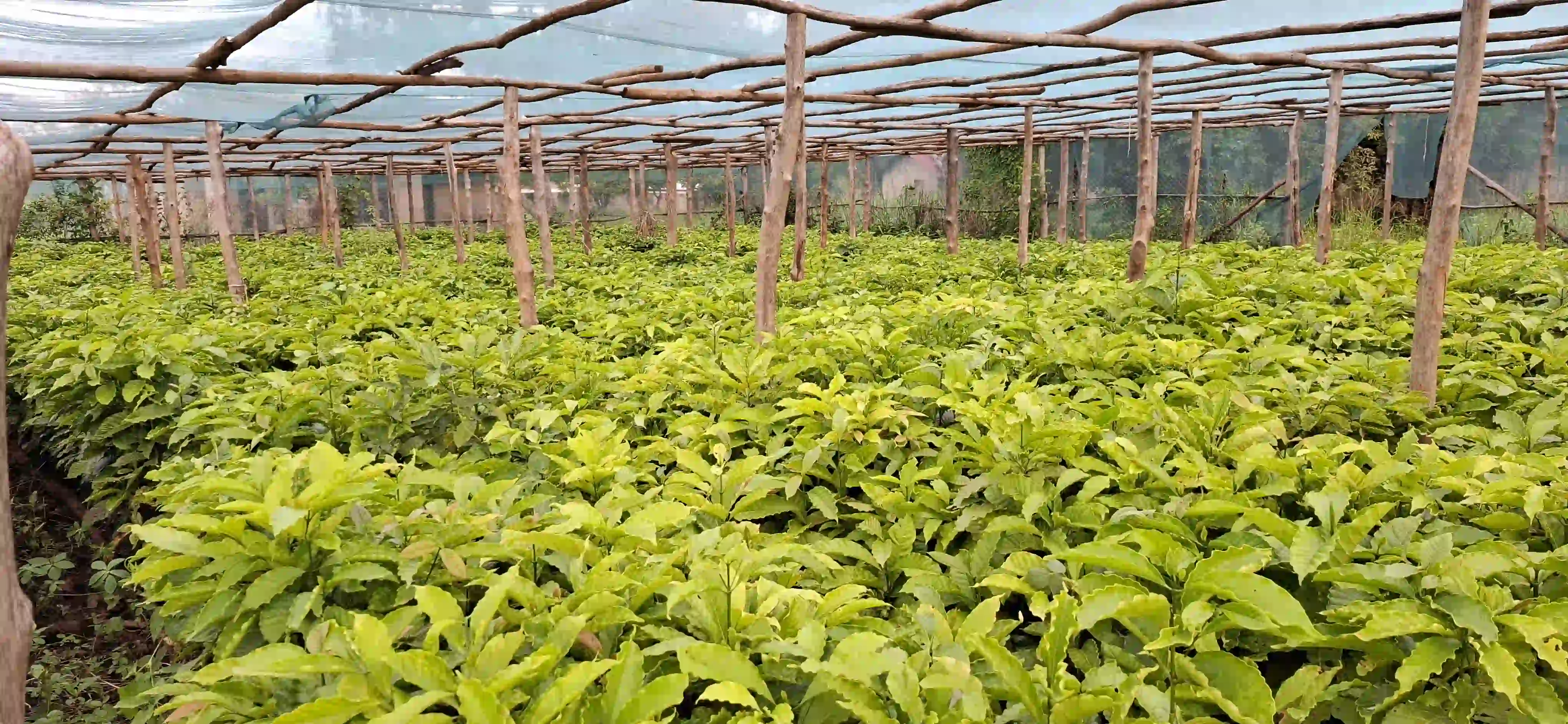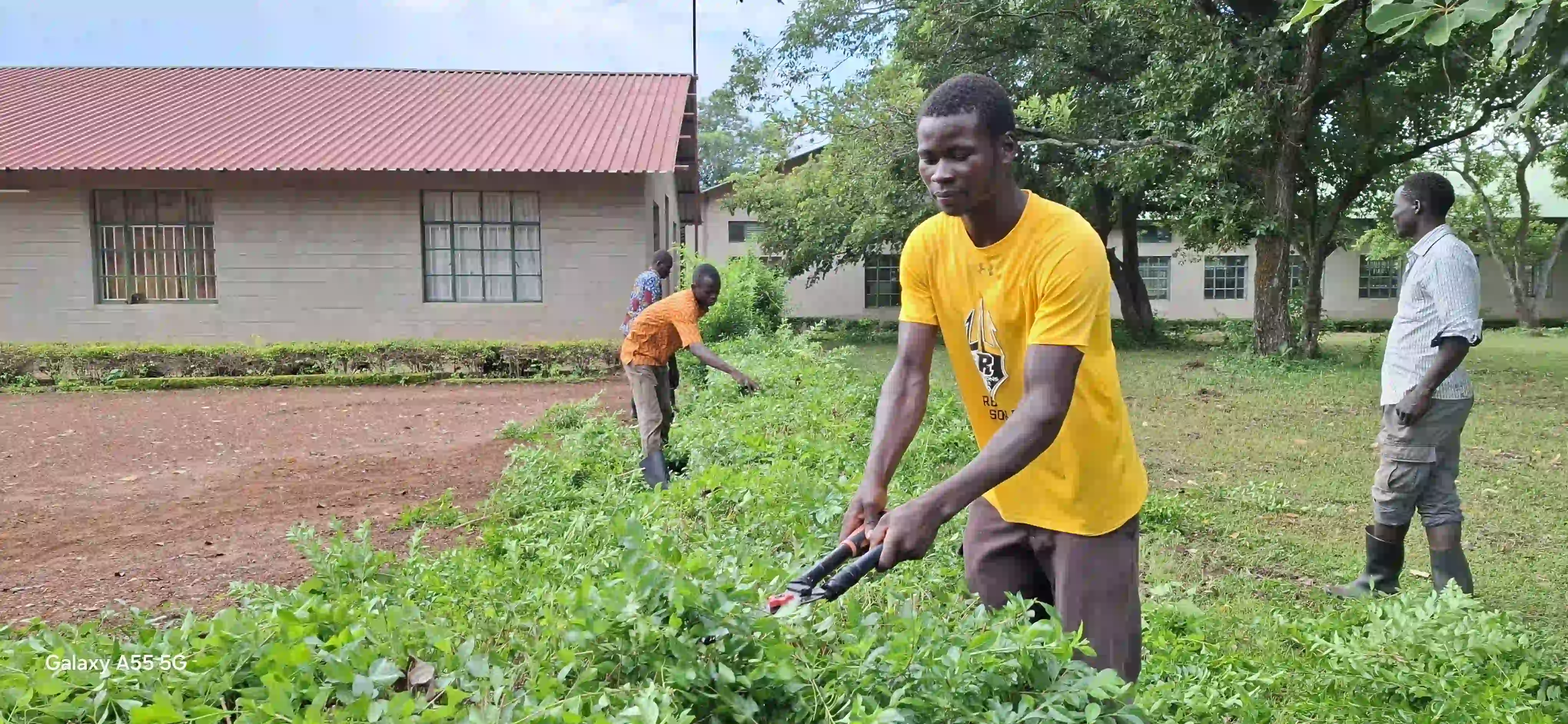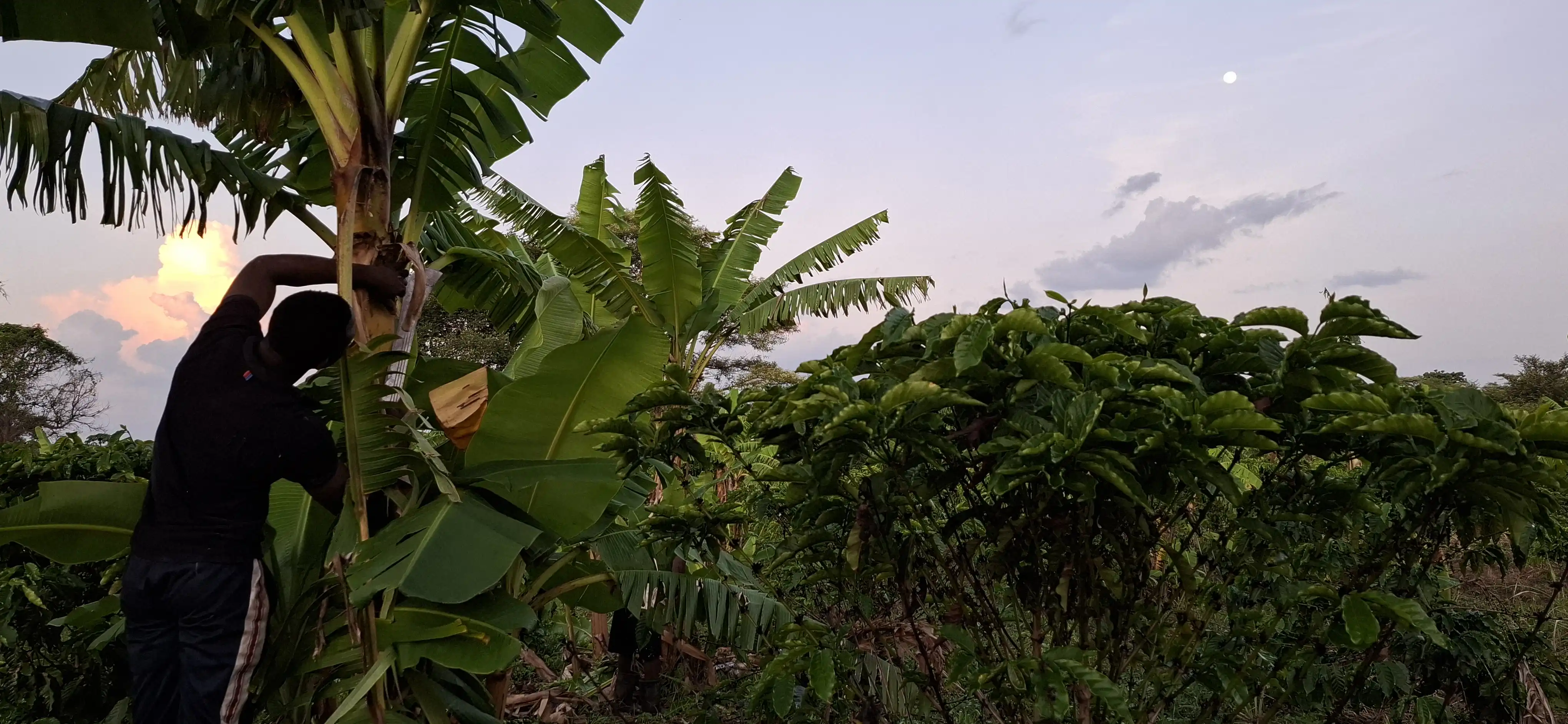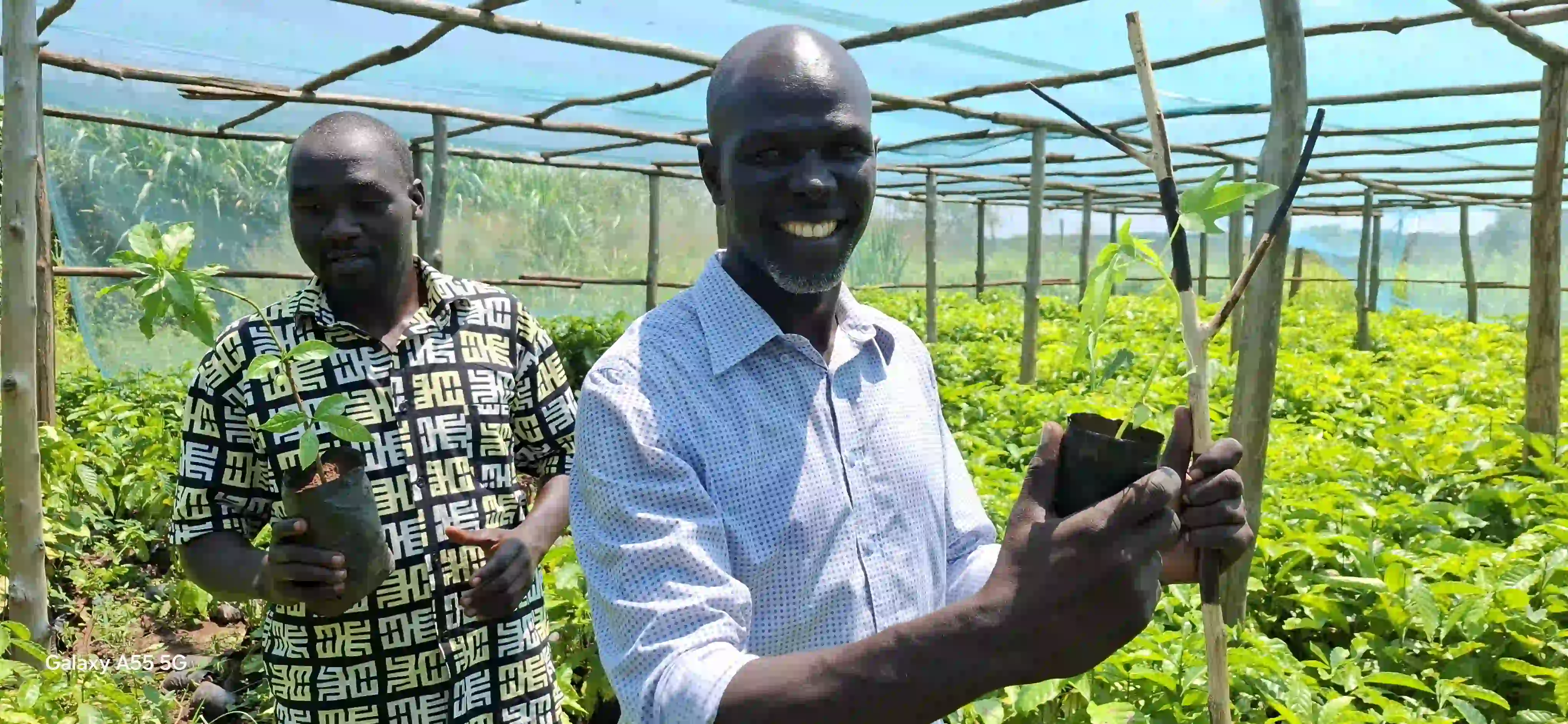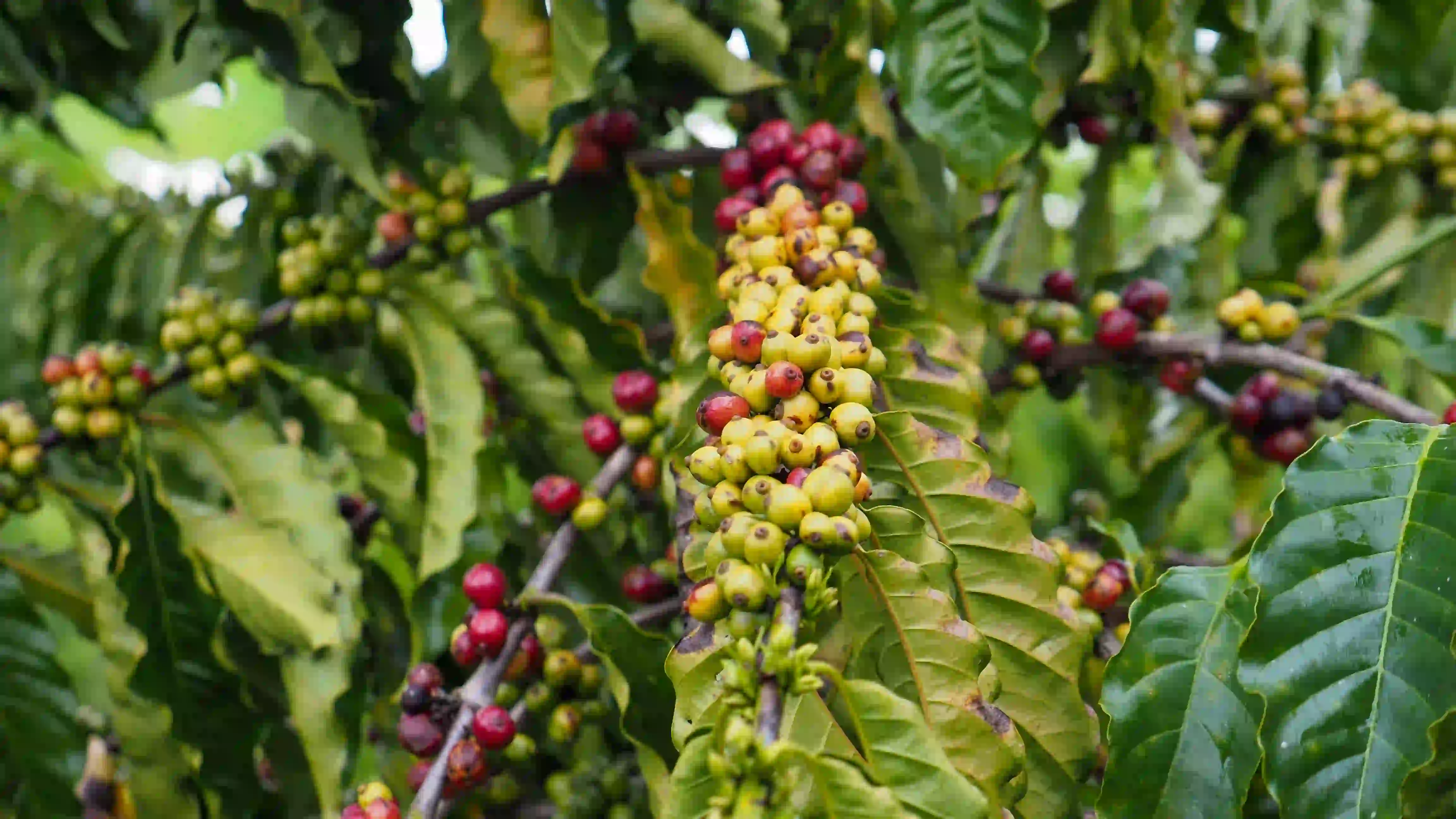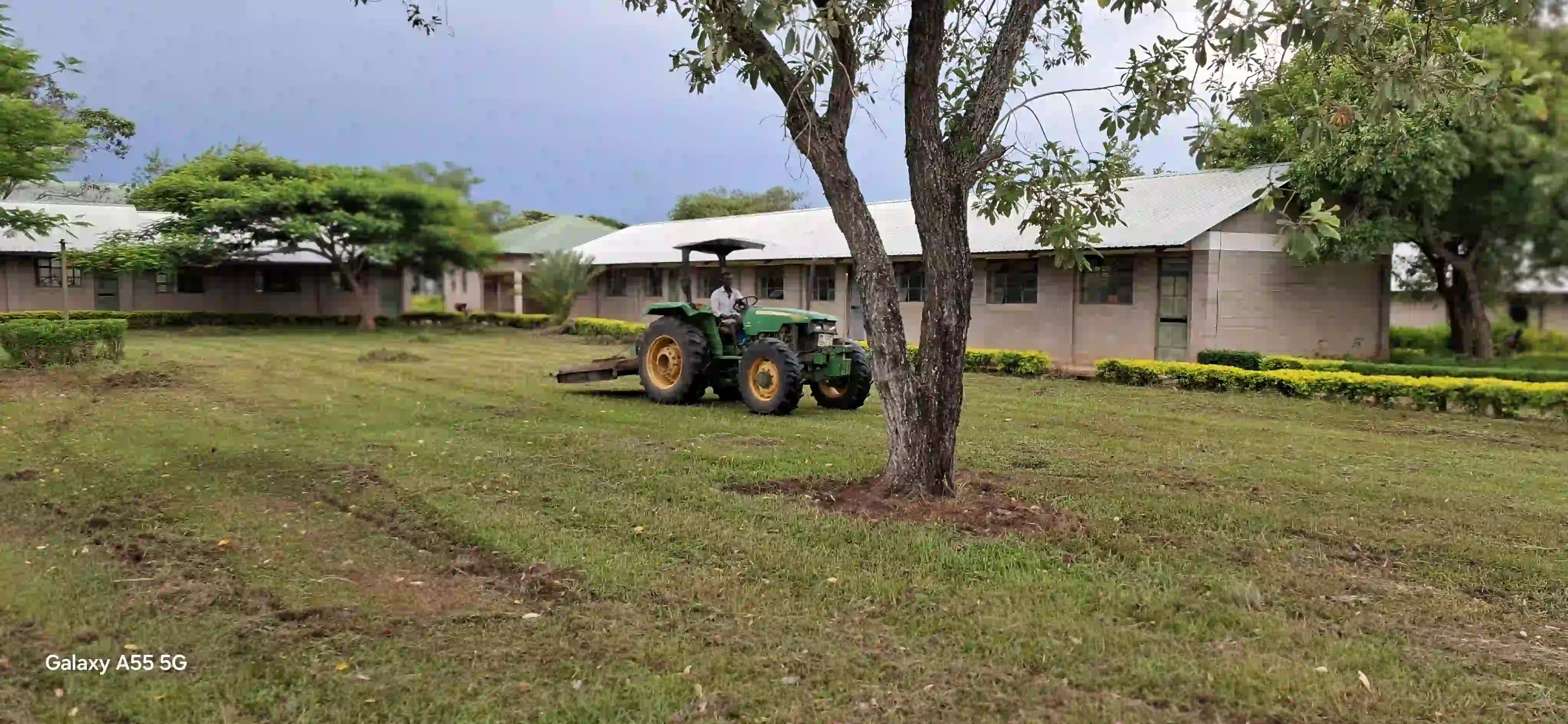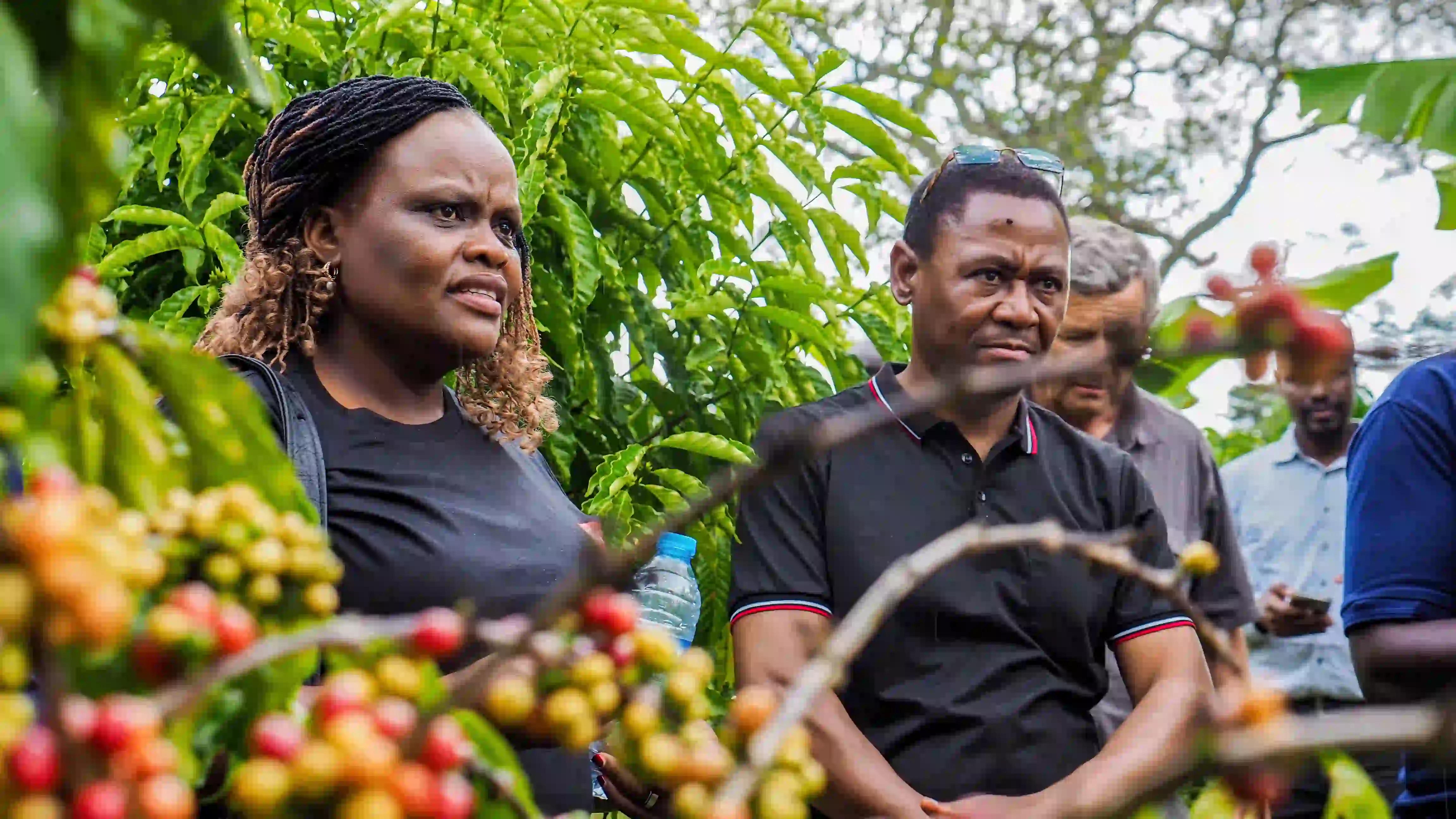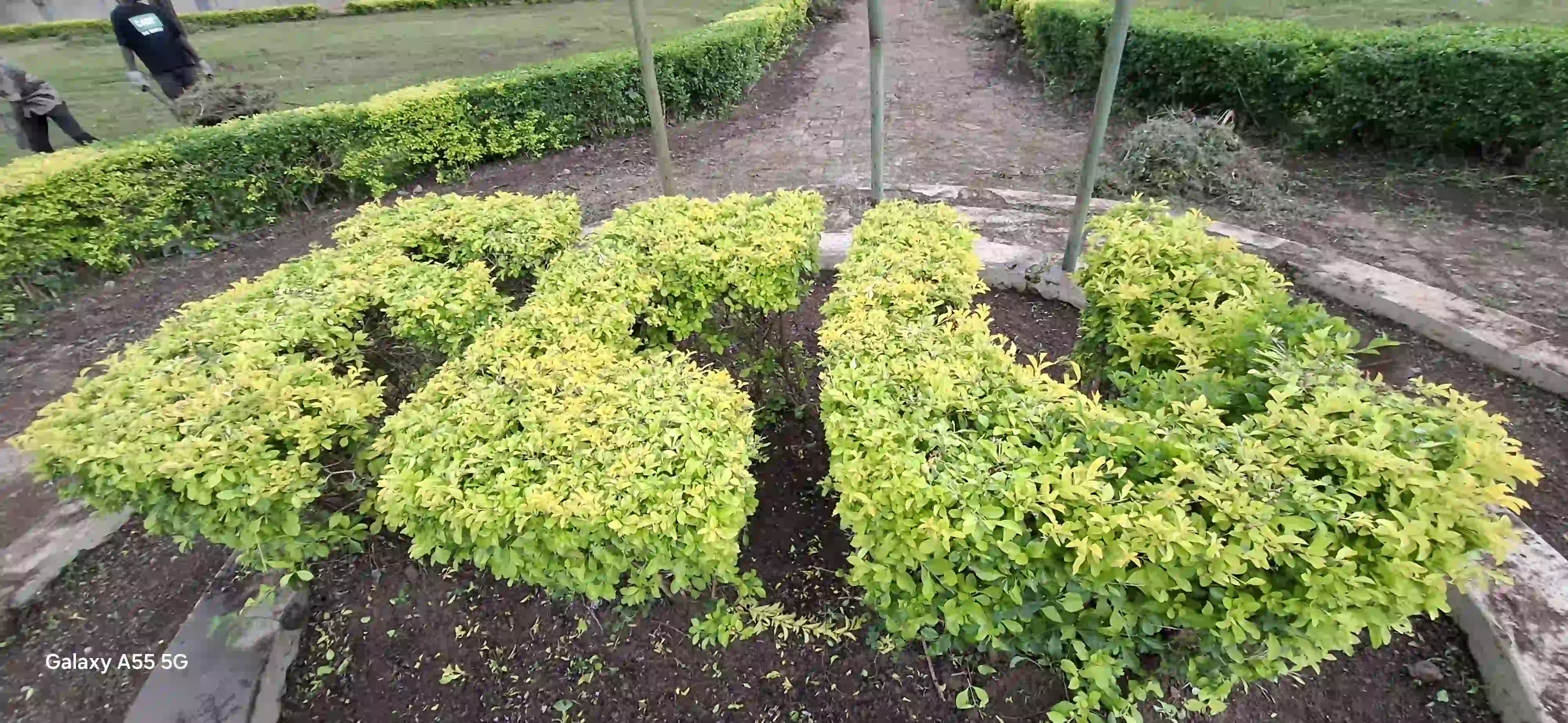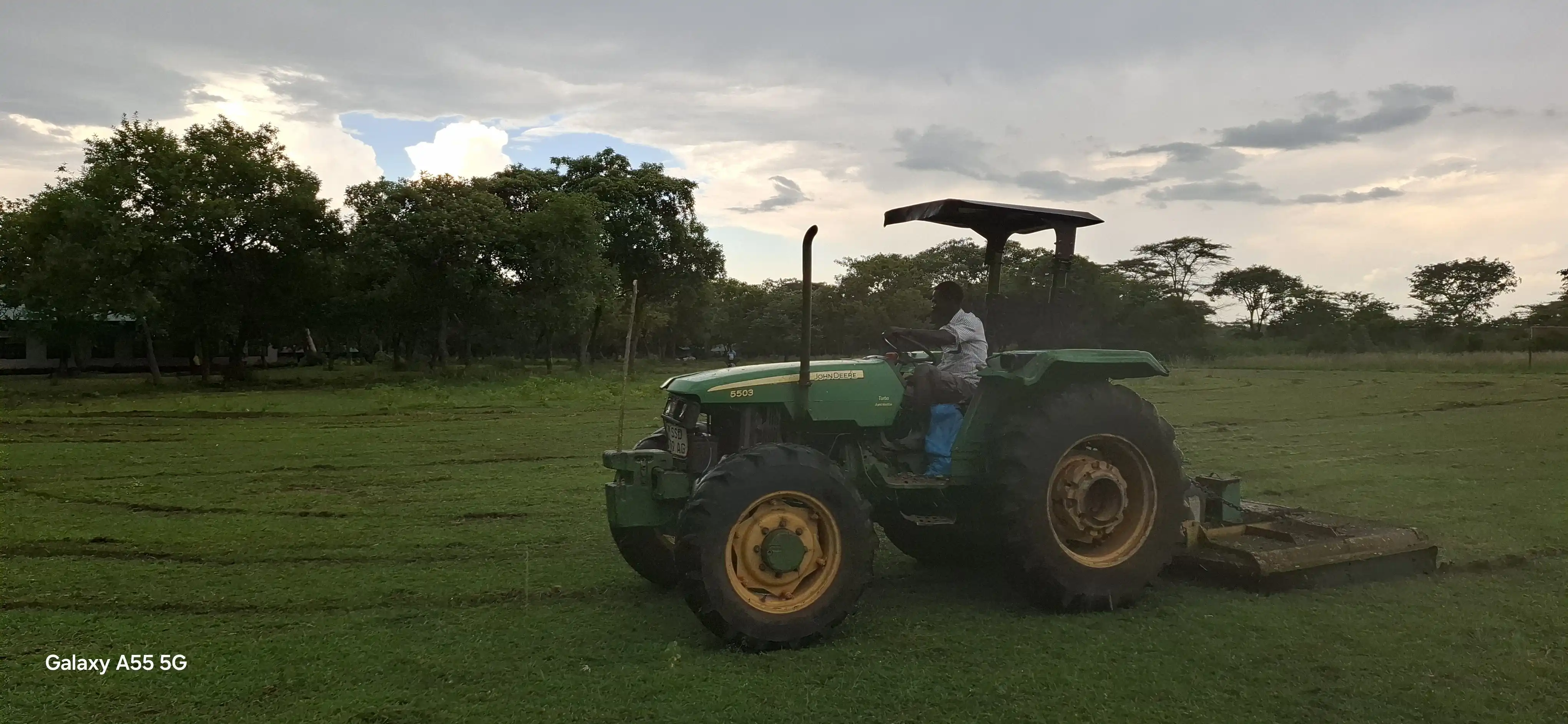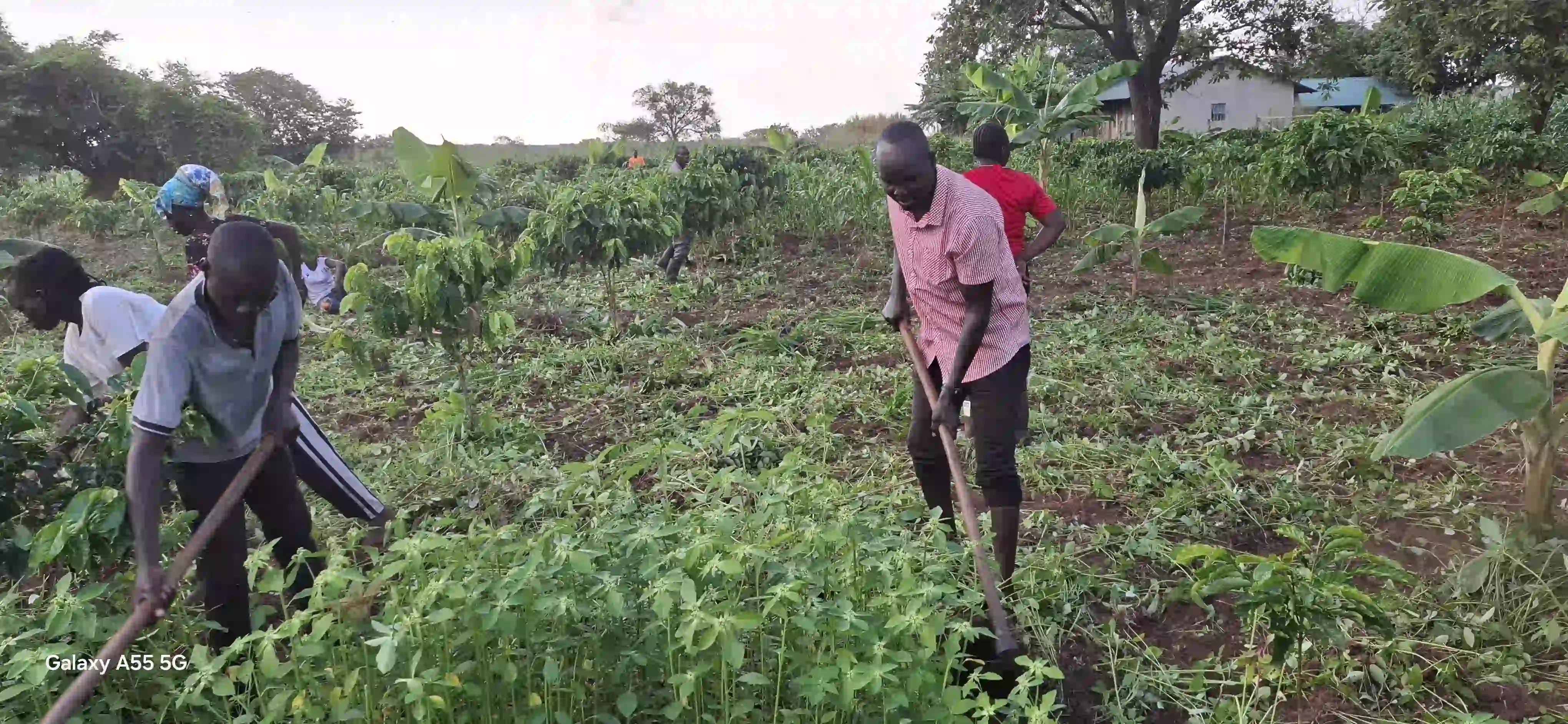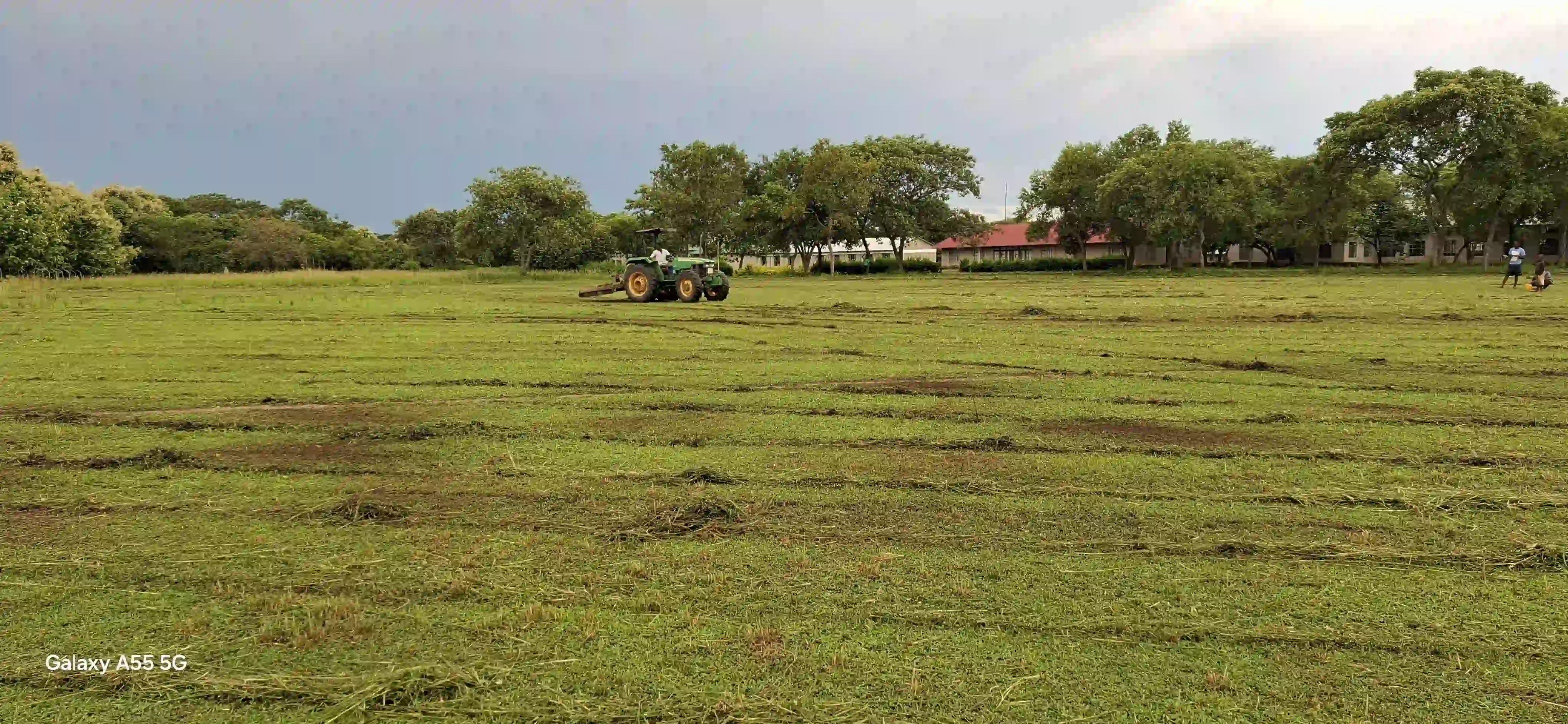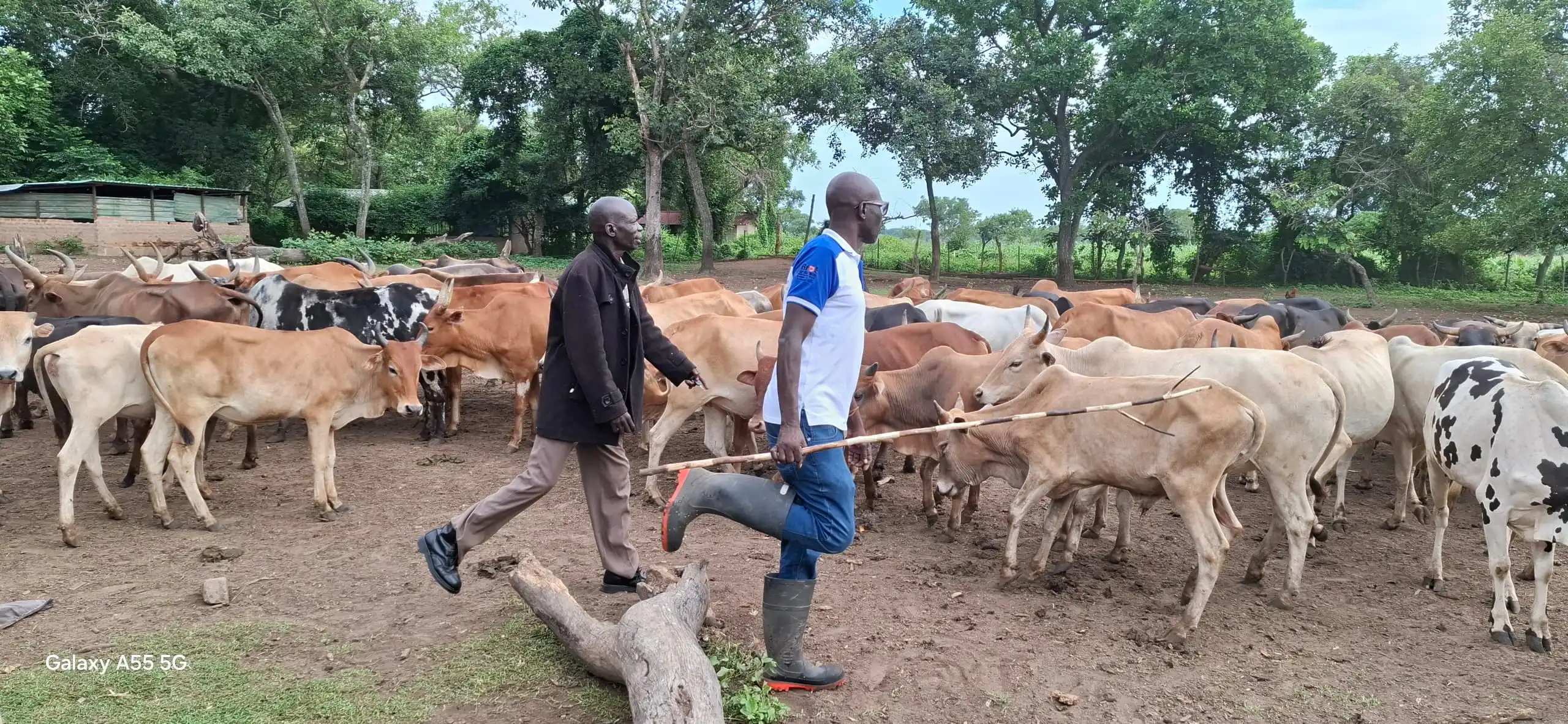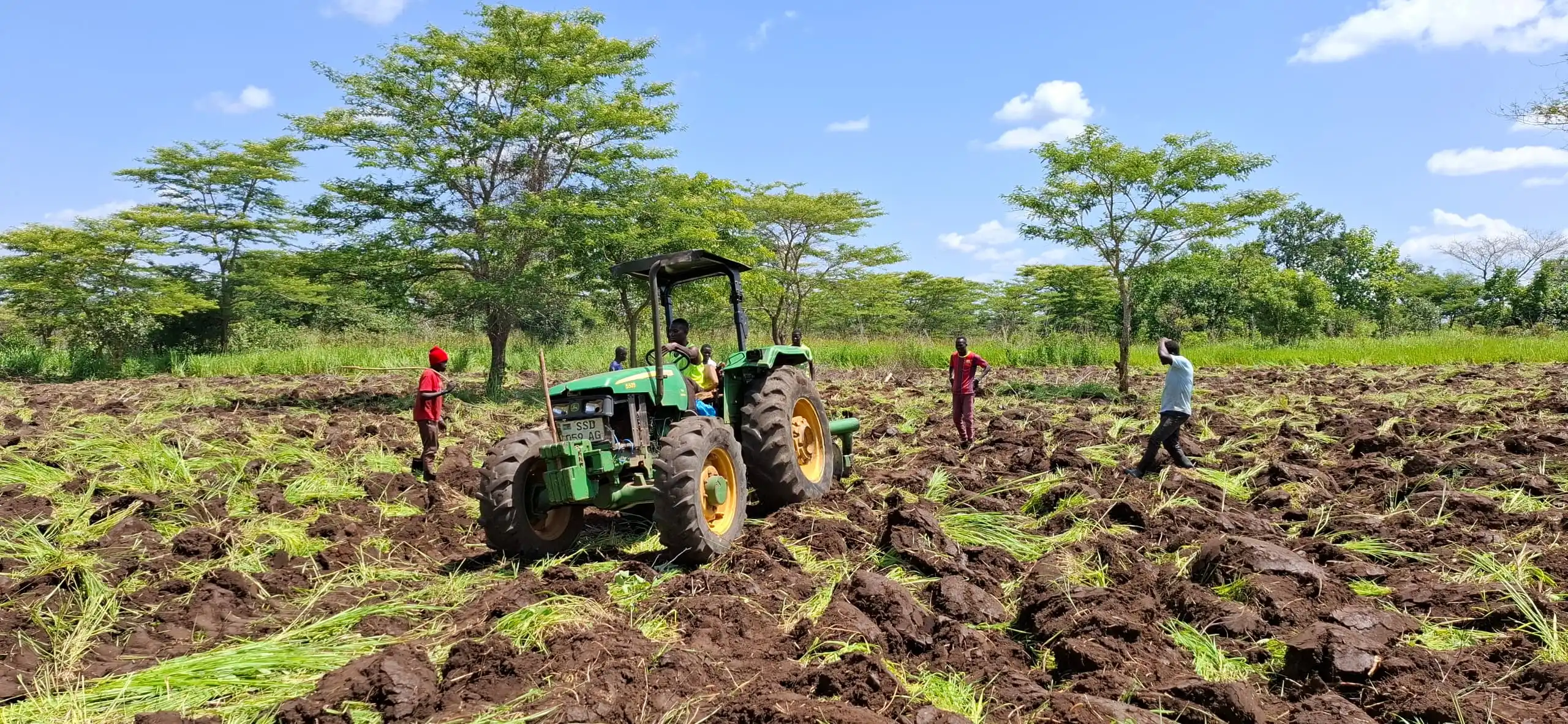THE BEGININING
In 2005, Emmanuel Christian University (ECU), then operating as a training centre,
initiated
a maize farming project with the primary aim of providing food for students. With
support
from Africa Services, the institution acquired a large piece of fertile land in Yei for
farming.
This land was fully developed, enabling the university not only to produce
enough
maize for student consumption but also to generate income from surplus sales. Over time,
other agricultural components—such as poultry and cattle rearing—were introduced, and by
2015, ECU had established a fully functional agricultural branch that was a reliable
source
of income and an integral part of the university’s operations.
Maize Farming
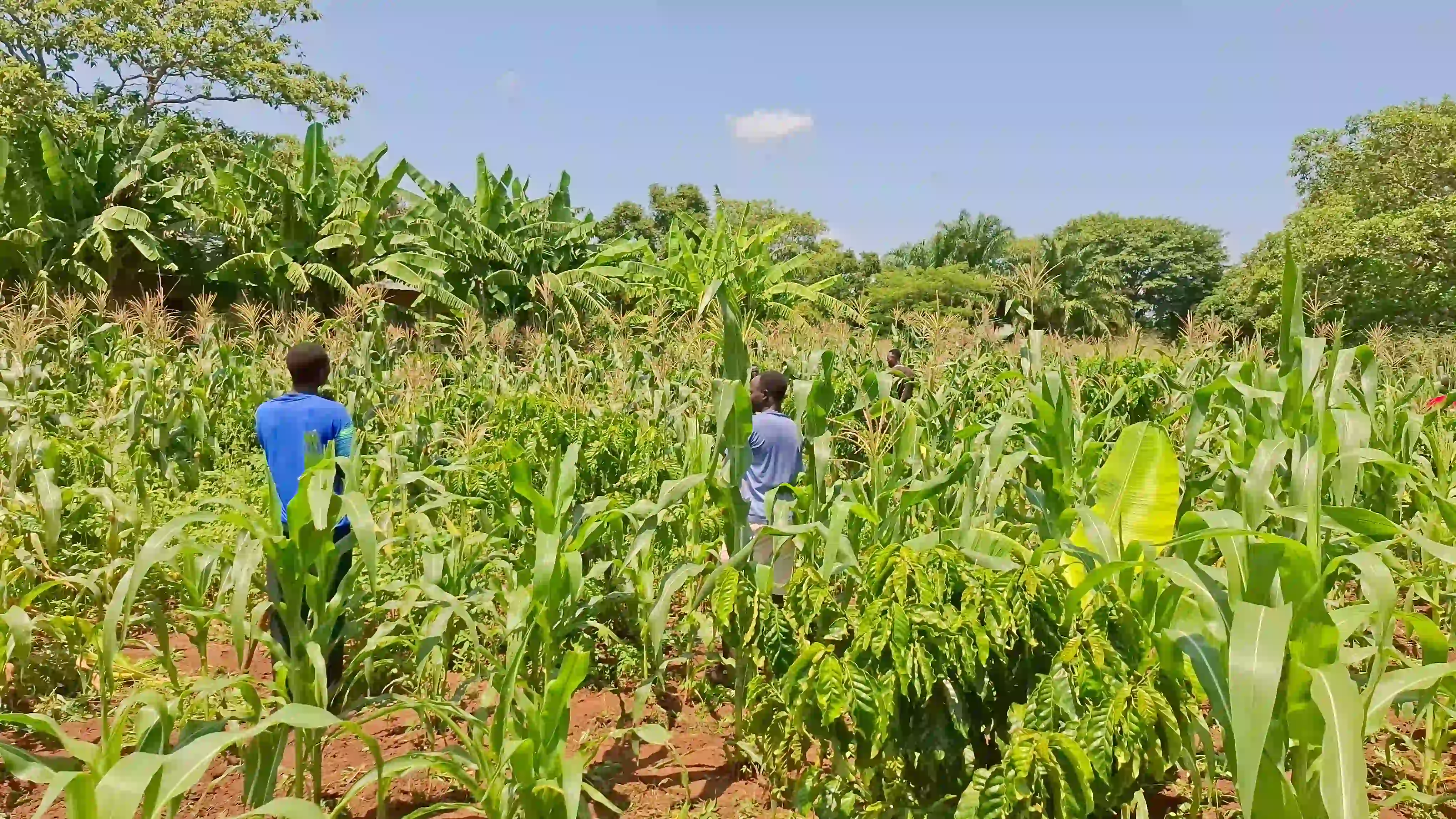
Goli Farm is dedicated to advancing maize production in Yei, South Sudan, using modern, environmentally friendly, and community-centered farming practices. Located on fertile land ideal for maize...
Read MoreCoffee Production
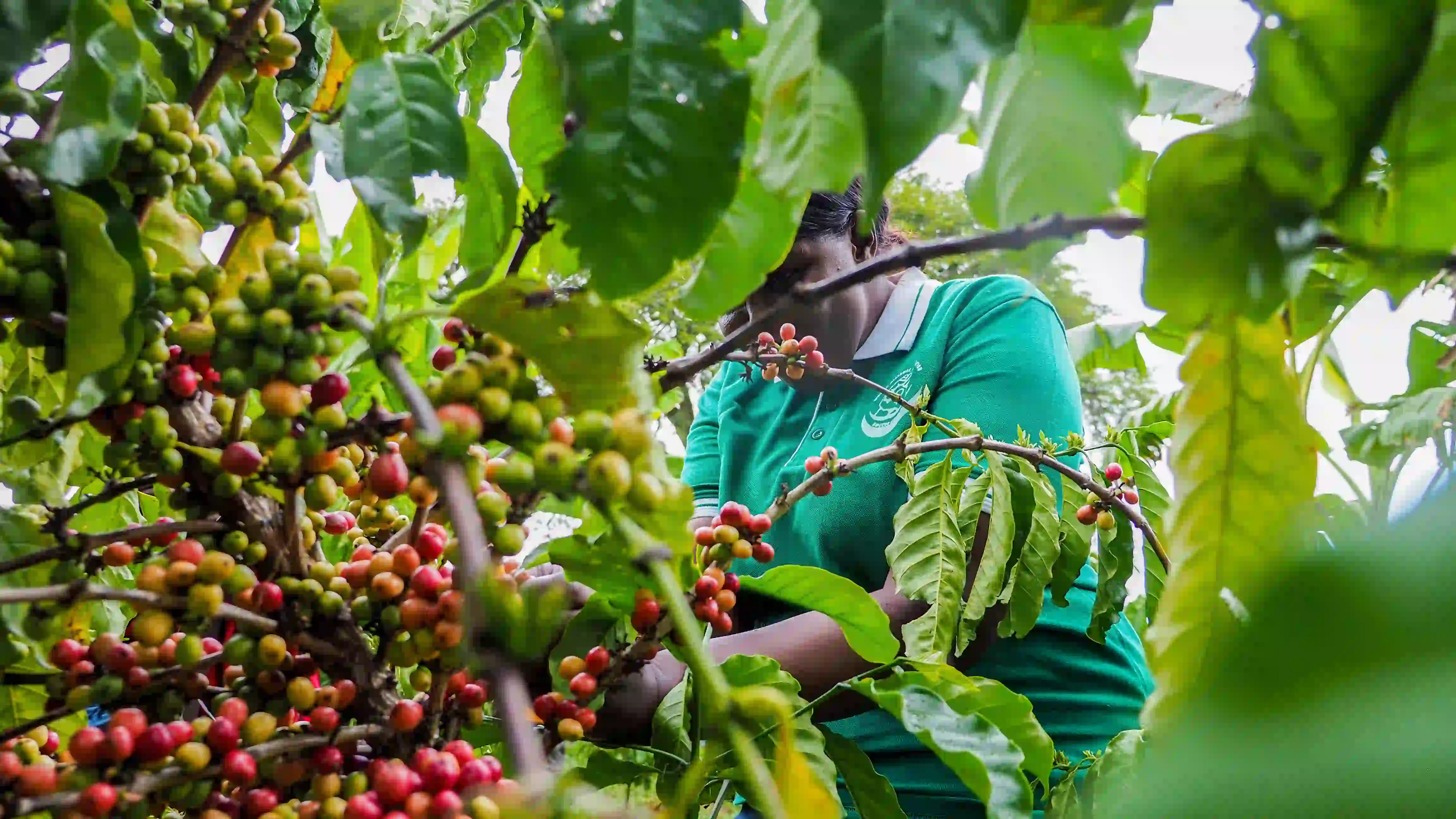
The outbreak of conflict in South Sudan in 2016—and particularly the attack on the ECU campus in 2018—severely disrupted agricultural operations...
Read MoreLivestock
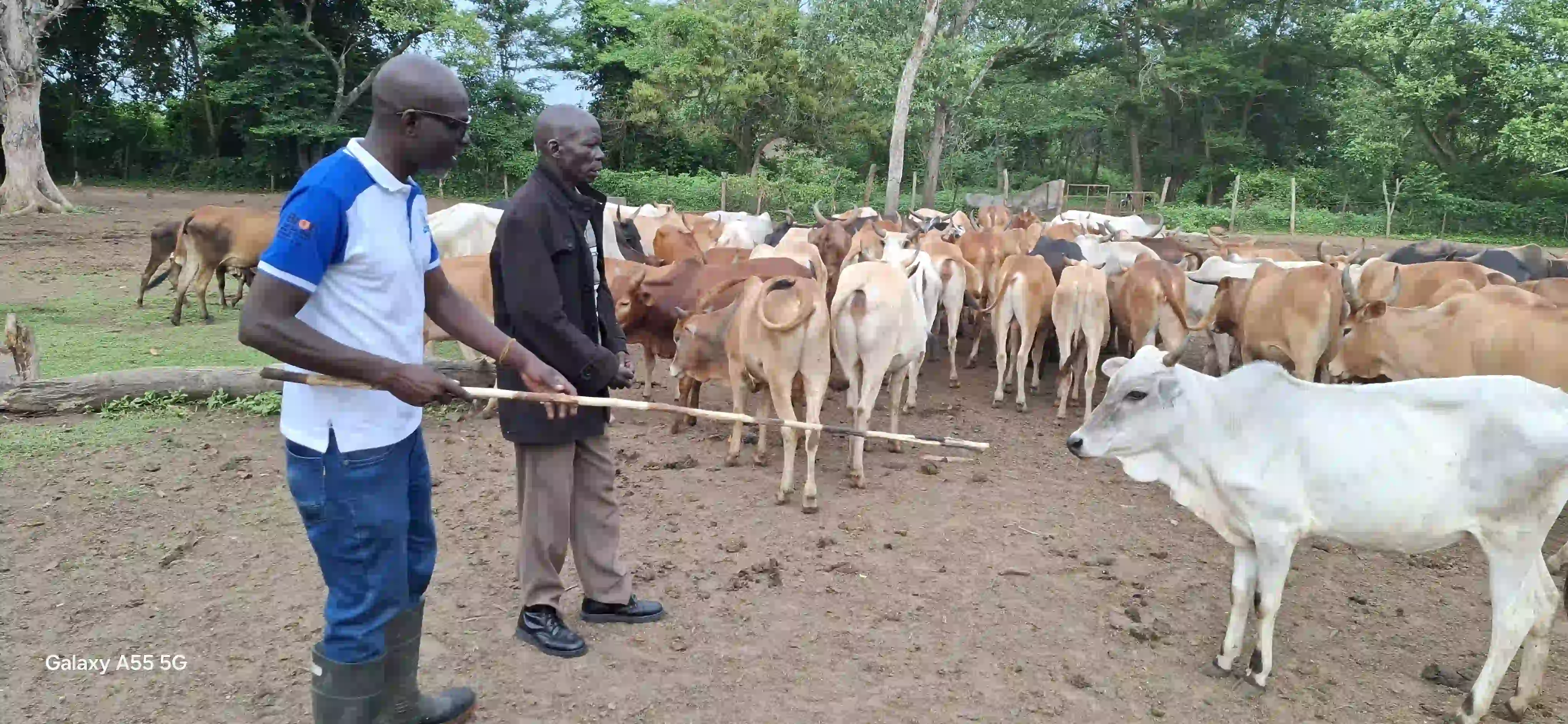
Emmanuel Christian University (ECU) promotes sustainable cattle production as a key driver of livelihoods, food security, and social cohesion in...
Read Morefrom production to empowerment
Although the initial goal of ECU’s agricultural project was to supply food for students,
the vision expanded over time. It evolved into a program promoting the self-reliance of
the university while empowering local communities through Biblical principles of
farming. The project aimed to enhance food production, build resilience among farmers,
and foster responsible stewardship of the land.
ECU currently possesses 250 hectares of
farmland, of which 70 hectares are actively used for crop cultivation, including maize
and other staple crops. The university also conducted training workshops to equip
surrounding communities with modern farming techniques, thereby contributing to broader
regional food security.
